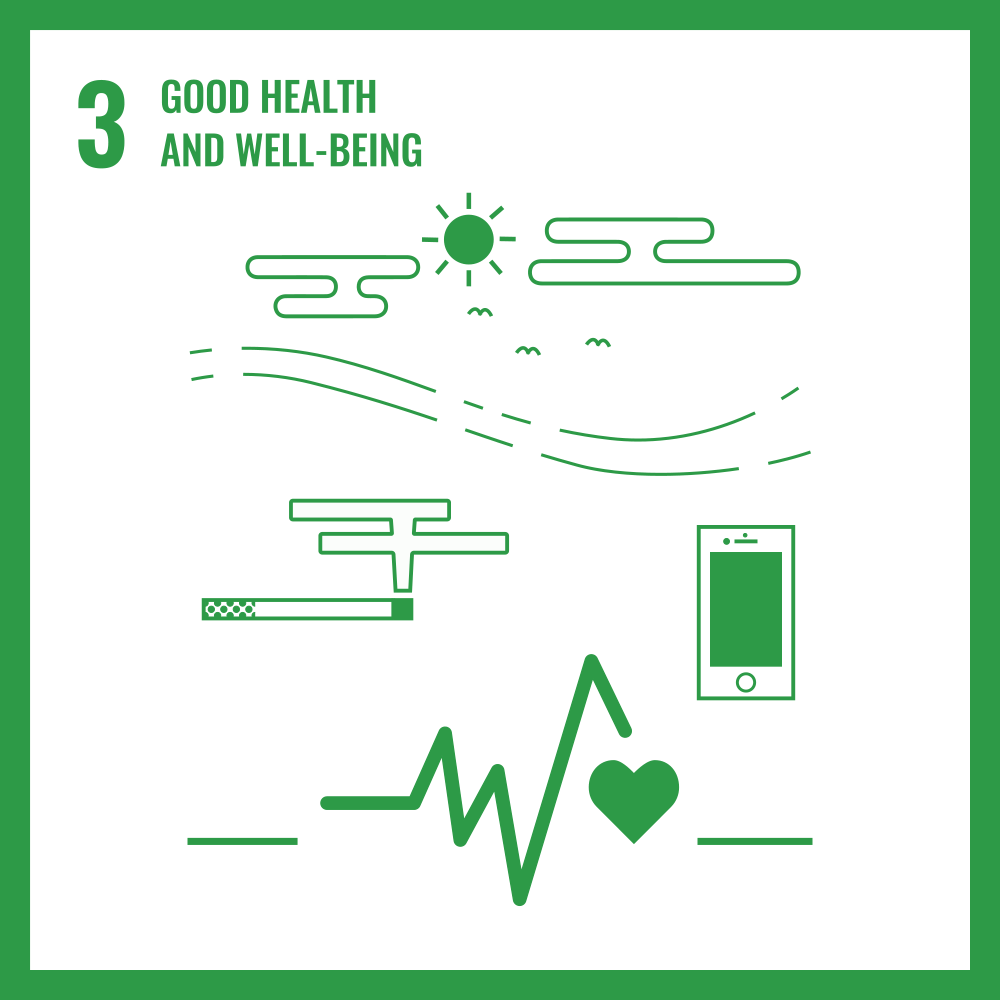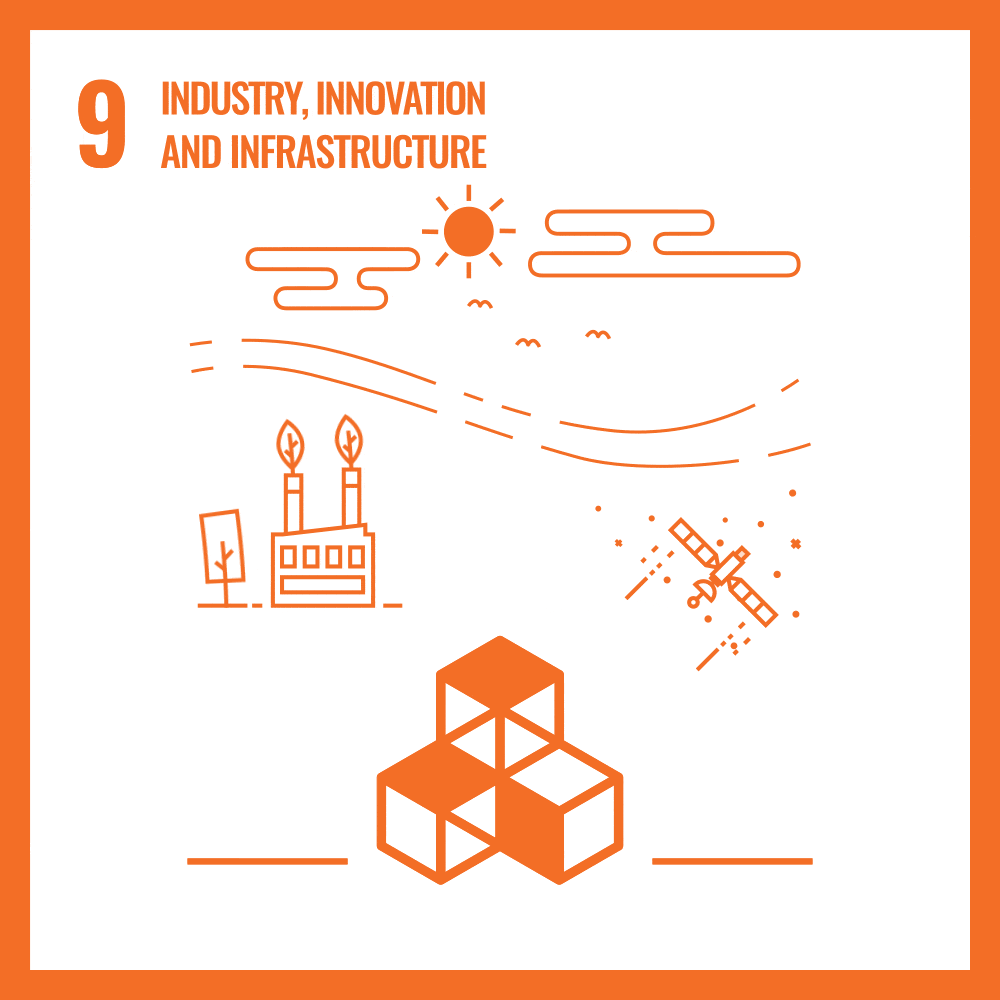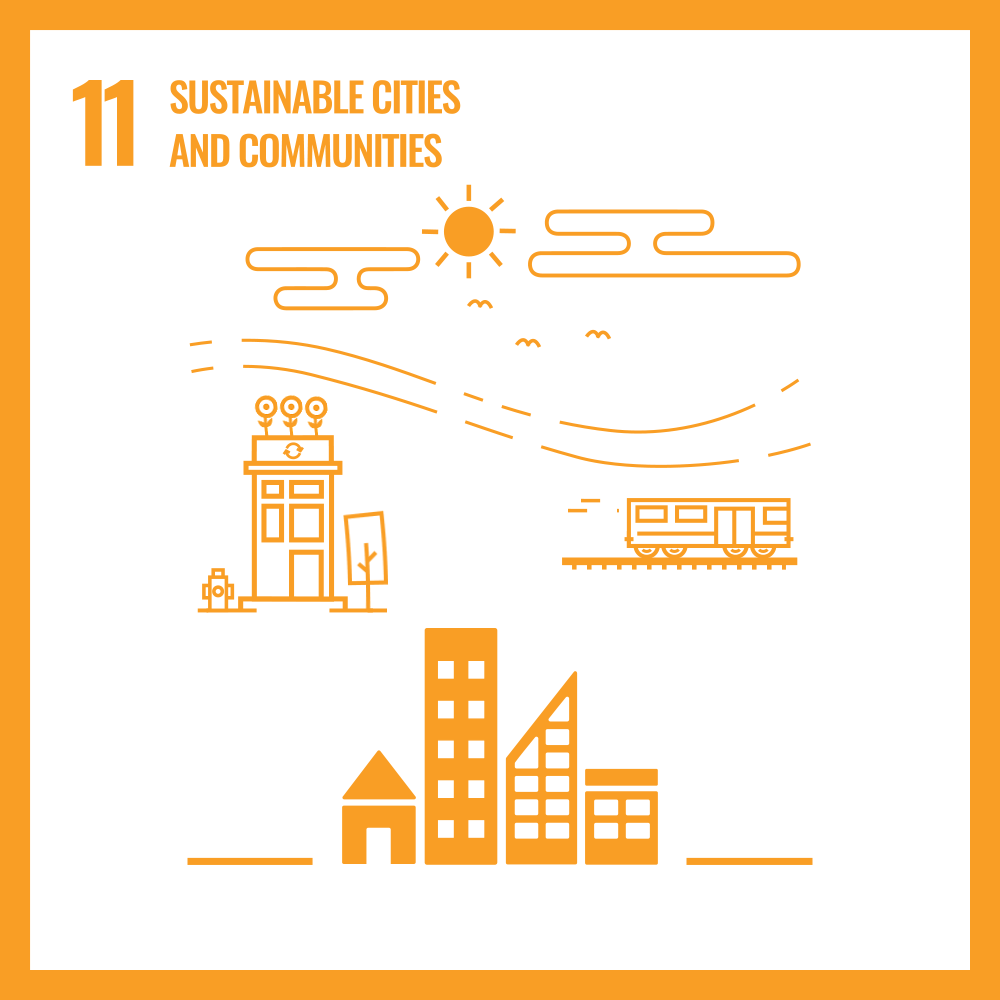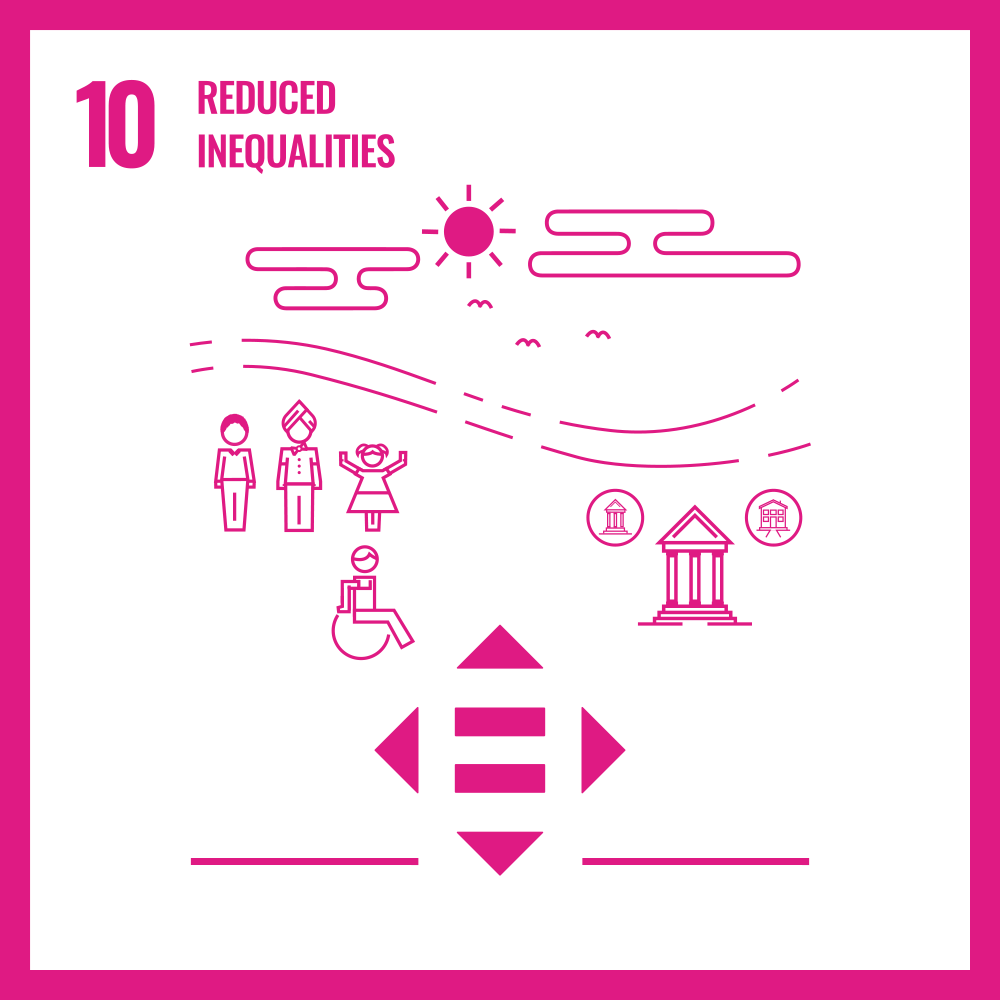About
Emergency medical services in mainland Portugal are coordinated by Instituto Nacional de Emergência Médica (INEM). In most cases, medical emergency situations are reported to INEM through a phone call to the 112 number, where specialized medical staff classifies the emergency situation and dispatches the proper emergency vehicle (ambulance, helicopter, life-support vehicle, among other) along with medical staff. Each vehicle is equipped to deal with different situations from light injuries to life-support.
The operational productivity of INEM is crucial to Portugal and its actions have a huge societal impact. In fact, the response time to a medical emergency may determine the life or death of a person. Hence, INEM needs to carefully plan its operations in order to minimize the overall response time to each emergency.
There are two important moments in INEM’s operations: (1) the amount of time to answer each emergency call, and (2) the amount of time the emergency vehicle spends from dispatch until it reaches the emergency location. The goal of the Data2Help project is to provide INEM with new tools to improve its operational results through the optimization of its resource assignment (staff and emergency vehicles), resulting in an improved and faster response to medical emergencies in Portugal.
In particular, the Data2Help project is focused on: (1) forecast the expected workload of CODU, (2) optimize the schedule of CODU staff to cope with the expected demand, (3) develop predictive models for the expected demand of emergency vehicles in different geographic areas, and (4) develop software tools to optimize the number of active emergency vehicles and staff across the country at each work shift.
Main Methods: Data Analytics, Optimization, Simulation
Vasco Manquinho










